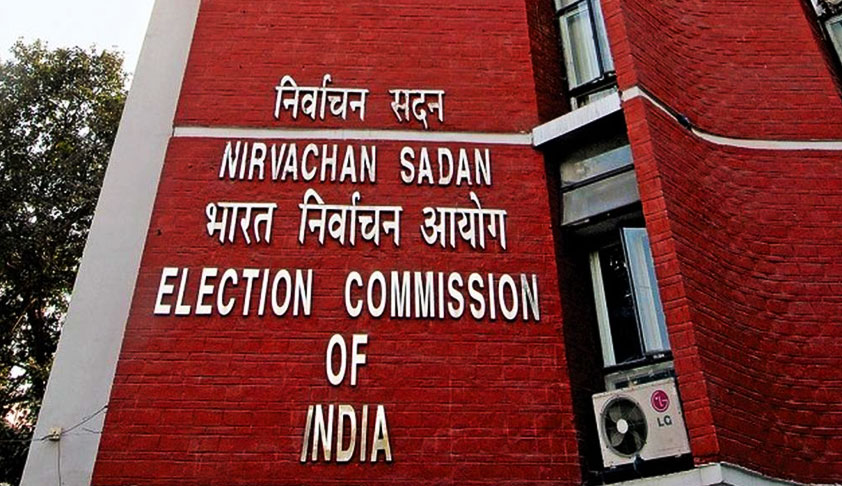Is ECI Empowered To Derecognise Political Party Formed By A Convicted Person: SC To Take A Decision On May 3
Mehal Jain
26 March 2018 10:31 PM IST

Next Story
26 March 2018 10:31 PM IST
The hearing in the PIL by BJP leader Ashwini Kumar Upadhyay seeking a ban on convicted individuals from forming a political party and becoming office-bearers on Monday saw an interesting exchange of remarks between counsel for the petitioner, the Centre and the Election Commission of India.The petition involves the interpretation of Section 29A of the Representation of People’s Act of 1951...
